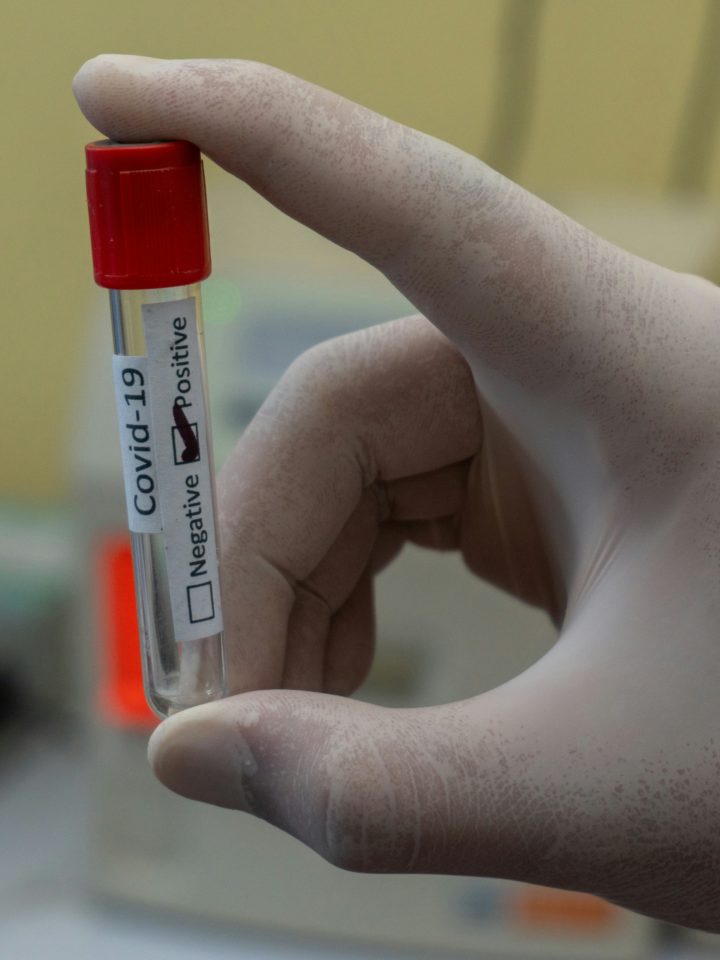When the World Health Organization announced at the end of April that it supports the use of weight-loss medication for the treatment of obesity in adults, public attention once again turned to global health policies. This decision comes at a time when obesity affects more than one billion people worldwide, with over 70% of them living in low- and middle-income countries. However, behind this expert recommendation lies something more—a message that health problems can no longer be viewed in isolation or only at the local level. That same message is at the core of the WHO’s new four-year strategy – the Global Programme of Work 2025–2028 (GPW 14).
The New WHO Strategy Addresses Global Challenges
This is not a document that stays in the realm of general goals—it clearly defines priorities and ways to measure success. The strategy is based on the evaluation of the previous period (GPW 13) and lessons learned from crises, especially the COVID-19 pandemic. Through the so-called “theory of change” model, GPW 14 links challenges, concrete interventions, and expected health outcomes. The focus is not only on disease, but also on the resilience of health systems, equitable access, and the role of the community in protecting health.
The strategy sets out six key objectives, including universal health coverage, timely response to health emergencies, risk reduction, strengthening gender equality, and transparent governance. What is particularly important is that all goals are measurable. WHO will assess performance using a “scorecards” system—a type of evaluation tool that measures progress in key areas.
A strong emphasis is placed on the so-called “equity lens”—a perspective of equity. The document explicitly states that health systems must not deepen existing social inequalities. On the contrary, they must reduce them. This means greater access to primary care, investment in public health, digital tools, and intersectoral cooperation. WHO does not position itself as the provider of solutions, but as a partner to its 194 member states in developing systems that can respond to their specific needs.
Health as the Backbone of Society
GPW 14 also acknowledges the importance of local knowledge and initiatives. The strategy calls for the involvement of all levels of government, as well as civil society, academic communities, and the private sector. Health, as the document states, is not only a medical issue—it is also a political, social, and economic one.
At a time when the world is increasingly being struck by overlapping health, climate, and humanitarian crises, GPW 14 represents an attempt to replace reactive responses with a framework for prevention, resilience, and fairness. This requires systems that do not rely solely on emergency measures but develop and adapt over time. Systems in which obesity is not just an individual issue but a sign of deeper societal patterns. Systems where healthcare is not a privilege, but a right.
It is in this broader context that the WHO’s decision on weight-loss medications should be understood—not as an isolated clinical recommendation, but as a step within a broader plan to improve health and equity. GPW 14 confirms this—health for all people requires a collective, measurable, and just response.
Health in the Spotlight

The WHO’s new four-year strategy places health at the center of global policy — with a focus on equity, system resilience, and concrete actions for sustainable change.





